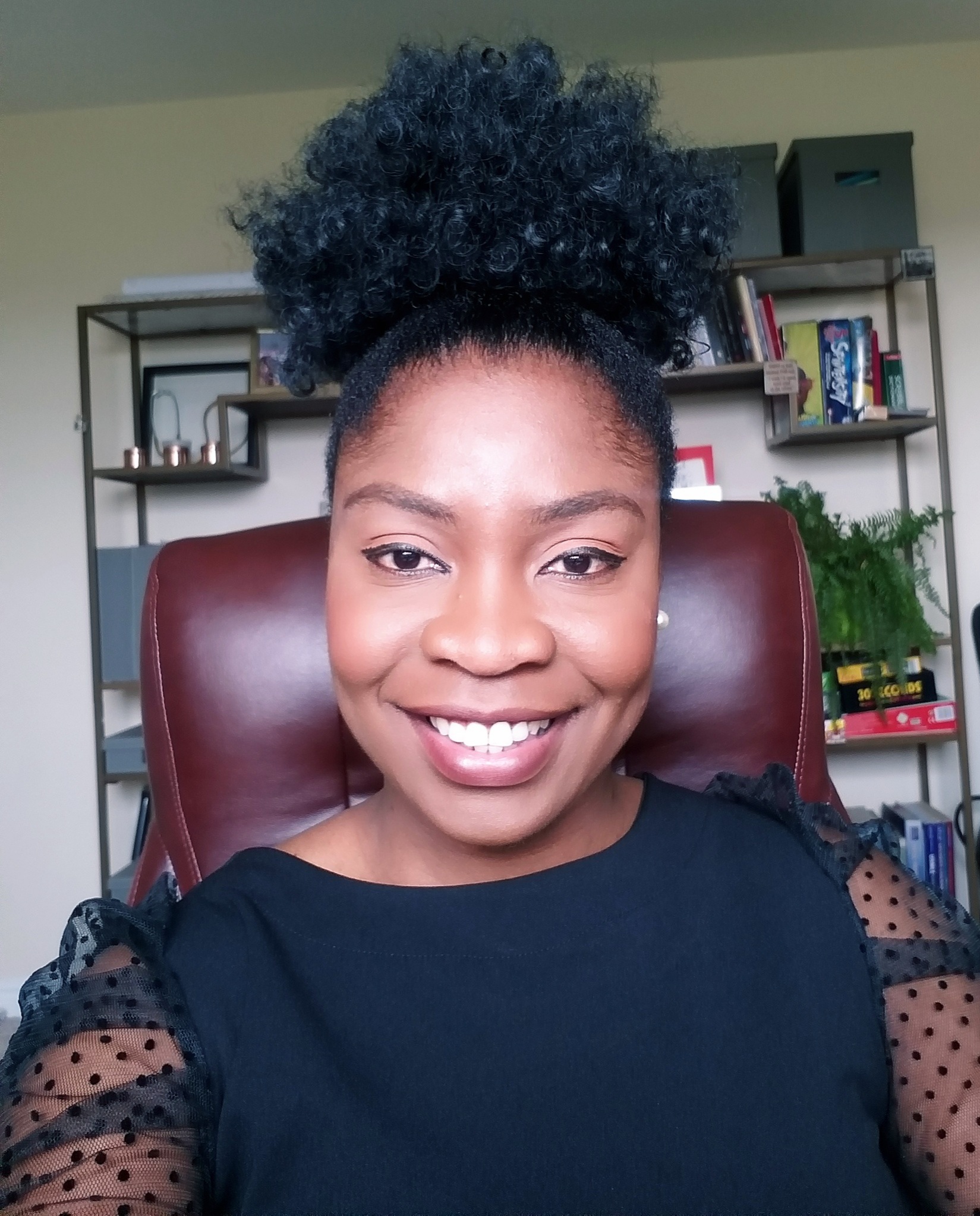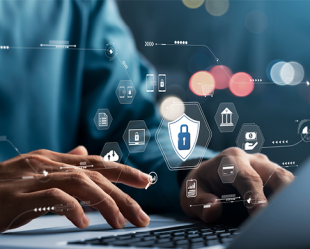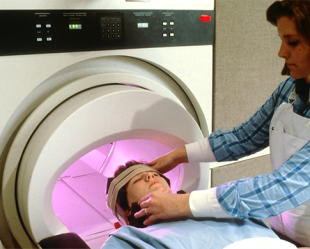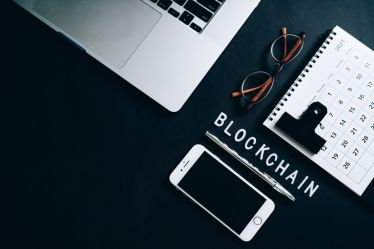NSAI is an organisation composed of experts across a wide expanse of subjects and sectors. Today, we’re celebrating International Day of Women and Girls in Science with a certain brand of our team in mind: Medical Devices, where in both Dublin and Galway offices, the department is led by and composed of a female majority.
Our Medical Devices team carries out the invaluable work of evaluating and certifying the tools used in medical practices. While protecting the safety, uniformity and efficiency of medical devices, the team also has a role in improving the quality of tomorrow’s public health, frequently encountering and assessing the latest innovations in the sector. Standing as testament to the team’s incredibly high standard of work, we are currently the only Notified Body in Ireland with the ability to certify Medical Devices to the new Medical Devices Regulation.
 To celebrate this special day, we spoke to Dr Yvonne Ndefo, a Chief Clinical Evaluator for Medical Devices at NSAI to hear all about her passion for science, and the difference she’s making in her role.
To celebrate this special day, we spoke to Dr Yvonne Ndefo, a Chief Clinical Evaluator for Medical Devices at NSAI to hear all about her passion for science, and the difference she’s making in her role.
What makes science, and more specifically, medical devices an interesting area to work in?
I've always found science fascinating. It offers multiple solutions to various problems which we come across. It's also the evidence-based nature of the field that interests me as most solutions are based on careful observation and analysis of various problems.
Additionally, Medical Devices offer those working in the field the first-hand exposure of a wide range of new and interesting innovations which help to fulfill unmet clinical needs. NSAI as a Notified Body ensures that these devices, which we grant CE mark to, are safe for the patients and end users, and perform as intended, hence positively contributing to the general public’s health.
What are the future opportunities of working in the medical devices sector?
Medical devices is an ever-growing industry. The sector has demonstrated progressive growth over the years and will continue to do so in the future. The industry is a highly skilled one and due to its dynamic rapid growth, there tends to be an imbalance in the availability of resources. Therefore, there is a constant need to fill vacancies with skills and talents to meet the demands of the expanding sector. It’s my prediction that there will always be future opportunities in the medical devices sector.
What does a typical day as part of the Medical Devices team look like?
Due to the COVID-19 pandemic, the work culture has changed for majority of society, as people have switched to remote working arrangements. A typical remote working day for me with the medical devices team would begin by reviewing my list of tasks and meetings booked for the day, and mapping out a quick plan on how to manage and distribute my time in performing these tasks. Part of my role in NSAI is reviewing the clinical evidence submitted by medical device manufacturers to support their application for CE marking of their devices.
Due to the nature of remote working, there is absence of that usual collegial conversations over coffee or other interactions. I have to admit this is one of the disadvantages of remote working! However, I try to keep in touch with my team and colleagues as regularly as I can over phone or video call. Additionally, attendance of internal meetings also helps in maintaining that standard of interaction between colleagues. The medical devices team is made up of highly qualified competent professionals in their various fields, there's always something new to learn every day.
Would you encourage young women to pursue a career in science, and why?
I would certainly encourage young women to pursue a career in science, as science offers one with the satisfaction of making a positive impact in the society, and aiding the general population in finding solutions to various problems. I would say that a career in science is a very rewarding one.
Most scientists reckon that their interest and curiosity in science started in early childhood. This is a very crucial age. Parents and teachers must encourage and support young girls who show interest or wish to pursue a career in any STEM field. Personally speaking, it was that encouragement which I received from my parents, especially when I was given my first ever stethoscope on my 10th birthday. It's great to see that there are a lot of women in this generation, leading top roles in the STEM field. Based on this, young girls and women can also know that they too can achieve anything if they work hard.
Unfortunately, there are still a couple of challenges that women face in the society today, which limit them from getting a good education or progress in their career; for example, choosing between family or children and a successful career or education. My hope is that one day, women will not be faced with that difficult decision of having to choose, and there would be options and solutions available to women to be able to do both successfully.
What women in Science have inspired you?
Marie Curie was the first female scientist I heard of at a young age. She was the brains behind the development of X-Rays, and the first to win 2 Nobel Prizes in physics and chemistry. However, unfortunately, she died due to the prolonged exposure to radiation.
Happy International Day of Women and Girls in Science from all of us at the National Standards Authority of Ireland. You can learn more about NSAI’s work in Medical Device certification here.



